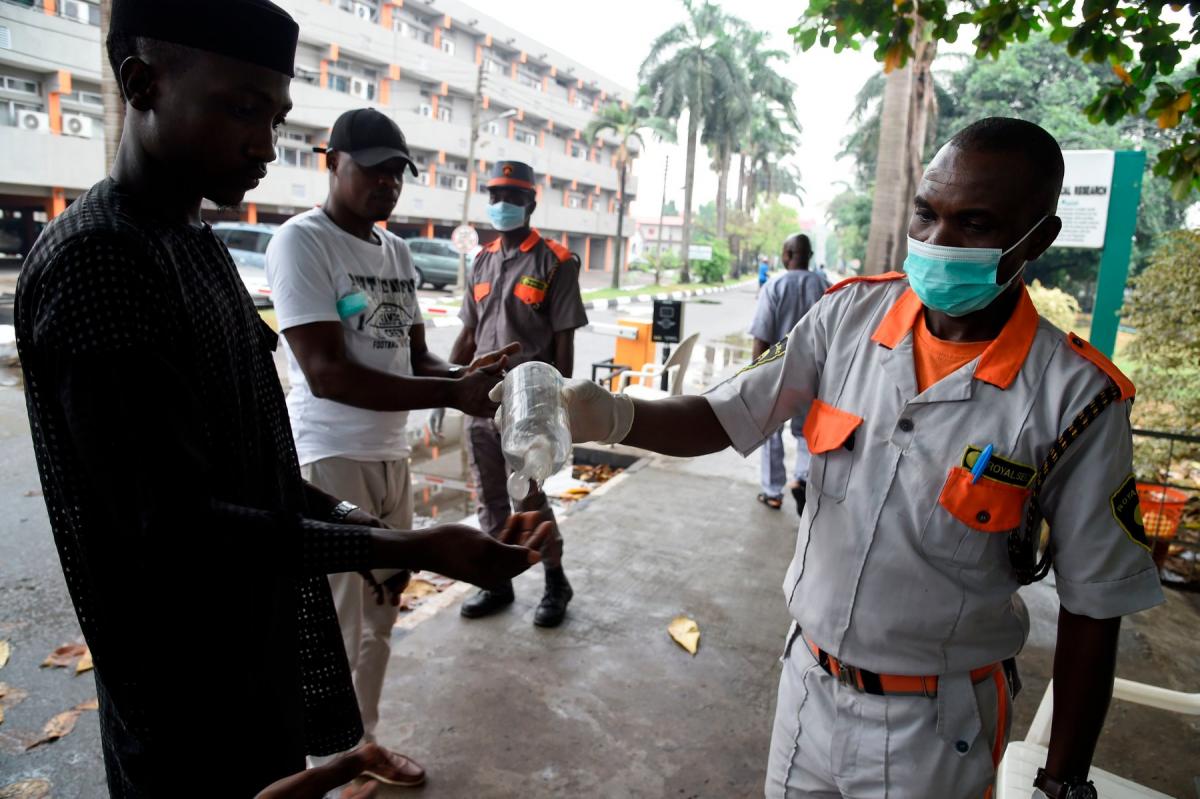There are no products in your shopping cart.
| 0 Items | £0.00 |


WORLD Bank officials have approved another $1.5bn loan for Nigeria as part of a fresh plan to help the country recover from the debilitating effects of the coronavirus pandemic which has hit the Nigerian economy hard.
Being a mono-economy dependent on crude oil exports, Nigeria's federal government generates up to 90% of its revenue from the sale of petroleum products. With both global prices and demand depressed, Nigeria has been unable to fund its 2020 budget, prompting the government to borrow about $10bn from the World bank, International Monetary Fund and African Development Bank.
With the Nigerian economy not showing any signs of recovery, more borrowing is likely soon and yesterday, the World Bank Group discussed a new five-year Country Partnership Framework (CPF) from 2021 to 2024 for Nigeria. According to the World Bank Nigeria was at a critical juncture and with the sharp fall in oil prices, the economy was projected to contract by over 4% in 2020, plunging the country into its deepest recession since the 1980s.
According to the World bank, government revenues could fall by more than $15bn in 2020 and the crisis would push an additional 5m Nigerians into poverty in 2020. Shubham Chaudhuri, the World Bank country director for Nigeria, said: “This CPF will guide our engagement for the next five years in supporting the government of Nigeria’s strategic priorities by taking a phased and adaptive approach.
“To realise its long-term potential, the country has to make tangible progress on key challenges and pursue some bold reforms. Our engagement will focus on supporting Nigeria’s efforts to reduce poverty and promote sustained private sector-led growth.”
He added that the CPF will focus on four areas of engagement which are investing in human capital, promoting jobs and economic transformation and diversification, enhancing resilience and strengthening the foundations of the public sector. By investing in human capital, he said the World Bank said it would be increasing access to basic education, quality water and sanitation services, improving primary healthcare and increasing the coverage and effectiveness of social assistance programmes.
According to the bank, additional investments in promoting women’s empowerment and youth employment and skills, especially for young women, would also help reduce maternal and child mortality. Promoting jobs and economic transformation and diversification would help with measures to unlock private investment and job creation and increase access to reliable and sustainable power for households and firms.
Mr Chaudhuri said the CPF would also focus on boosting digital infrastructure and developing economic corridors and smart cities, to provide Nigerians with improved livelihoods. He added it would enhance resilience by strengthening service delivery and livelihood opportunities in the northeast and other regions grappling with insecurity, as well as modernising agriculture and building climate resilience.
Also, it would ensure strengthening the foundations of the public sector by improving public financial management and strengthening the social contract between citizens and government through improved fiscal and debt management.